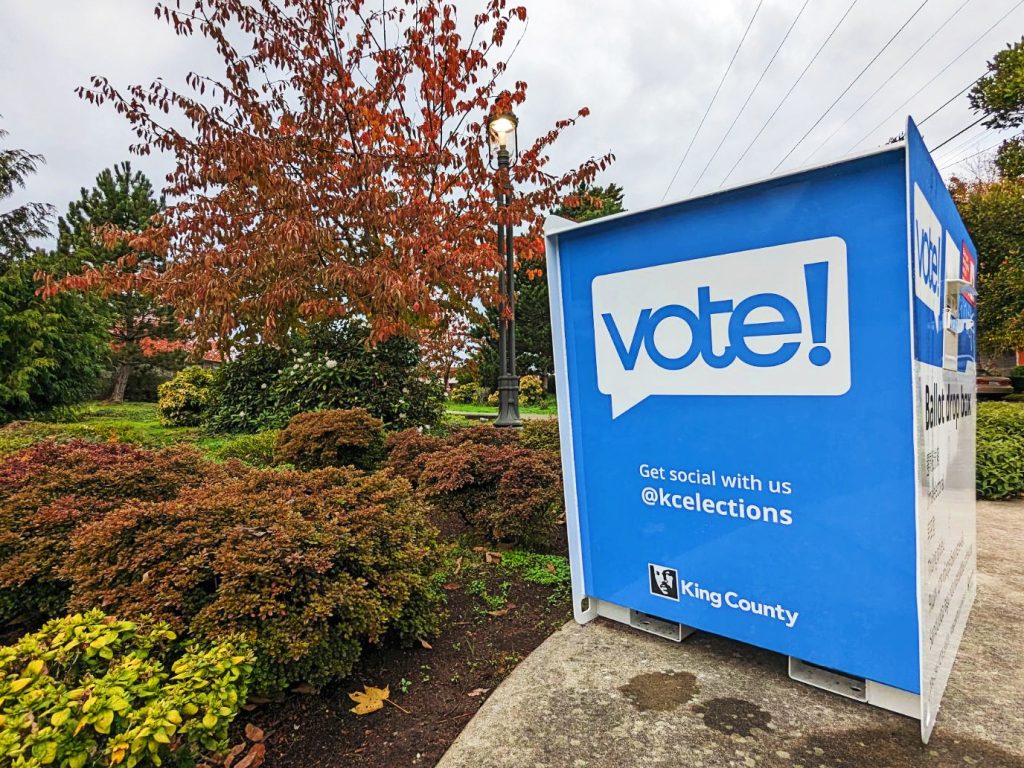Washington state voters rejected two initiatives in the recent election that would have eliminated a capital gains tax and a program to reduce carbon emissions. Initiative 2109, which aimed to strike down the state’s capital gains tax, was opposed by more than 63% of voters. Initiative 2117, which would have ended a program requiring the state’s largest polluters to pay for greenhouse gas emission permits, was rejected by nearly 62% of voters. The campaign against I-2117 was supported by a coalition of organizations including Washington tech giants Microsoft and Amazon, as well as other companies, labor interests, and tribal nations.
The state’s capital gains tax, which has raised $1.2 billion over two years for public education and other programs, would have lost $2.2 billion in revenue over the next five years if the 7% tax had been repealed. Organizations such as the National Education Association and the Washington Education Association opposed the measure. Initiative 2117 would have dismantled the cap-and-invest carbon market created by the state’s Climate Commitment Act, impacting climate efforts, transportation infrastructure projects, and job creation. The initiative would have also prevented the creation of similar programs in the future.
Opponents of the capital gains tax argue that it harms small businesses and innovation, impacting the region’s tech economy. Washington is one of 42 states with a capital gains tax and relies on various other taxes for revenue, as it does not have a state income tax or a corporate income tax. The tax does not apply to real estate transactions, retirement and college savings accounts, and family-owned businesses. The tax was challenged in court but was upheld by the state Supreme Court and the U.S. Supreme Court declined to hear an appeal.
Initiatives 2117 and 2109 were spearheaded by Seattle hedge fund manager Brian Heywood and the Let’s Go Washington campaign, which also sponsored two other measures related to natural gas and long-term care taxes. The campaign raised $9.5 million for the four ballot measures. Opposition campaigns against I-2117 and I-2109 raised $16.4 million and $4.4 million, respectively. Some voters saw the carbon market program as a hidden gas tax and blamed it for higher gas prices in the state, claiming it was not effectively reducing climate-warming emissions.
Supporters of the initiatives, including trade groups and various organizations, believed that the measures were detrimental to the state and supported efforts to eliminate them. The decision by Washington state voters to reject these initiatives reflects the importance of addressing climate change and funding essential public programs through sources like the capital gains tax. The rejection of these initiatives also highlights the diverse interests and concerns of Washington residents when it comes to taxation, environmental policy, and economic development.












